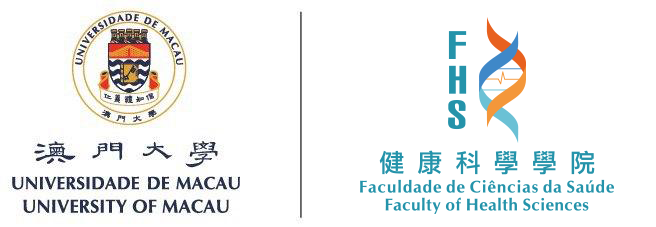A team of undergraduate students from the Faculty of Health Sciences (FHS) and the Faculty of Education (FED) at the University of Macau (UM) participated in the International Genetically Engineered Machine (iGEM) Competition 2024 held in Paris. The UM team competed against teams from the world’s top universities and won a silver medal for their research on developing a novel exosome-based therapeutic approach to target cancer cells. This marks the sixth consecutive year that UM has received an award in the iGEM competition.
This year’s iGEM competition attracted more than 400 teams formed by over 5,000 students from more than 50 countries. Under the guidance of Prof Leo Tsz On LEE and Prof Garry WONG from FHS, a team of 30 undergraduate students developed a research project titled ‘CarvengerX: Novel Exosomal Tumor Therapy Using Bidirectional Calcium Overload Platform Built with Synthetic Biology’. The team utilised genetic engineering techniques to develop an exosome ion channel delivery system capable of killing cancer cells. The research presented by the UM team focuses on developing a novel approach by engineering exosomes to deliver calcium ion channels (MscS or hTRPC1) and an NO signalling activator (hNOS2) to cancer cells, stimulating calcium overloading and inducing cancer cell death. This innovative system could provide specific, effective, and safe cancer therapies, offering new hope for patients who do not respond to existing treatments.
The students devoted their free time to designing the project and conducting experiments. Additionally, they crafted the framework for Human Practice, engaged with society in a reciprocal manner, and continually enhanced their project with feedback from professors and frontline doctors. Simultaneously, the team aligned their efforts with the United Nations Sustainable Development Goals, hoping their work would advance future cancer therapies. For mathematical modelling, the Dry Lab team created the Calcium Dynamic Model, Protein Molecular Model, and Lentivirus Transfection Model. These models were employed to predict experimental outcomes, support the Wet Lab’s efforts, and refine experimental cycles through mathematical analysis.
Ning WEI, the team leader and a second-year undergraduate student in FHS, said, “The team encountered numerous difficulties in both team communication and work promotion. However, the team members were very united, and we overcame these difficulties together, as all good things come with difficulties. We not only learned a lot of new knowledge but also met many friends with the same aspirations.”
Founded in 2003 at the Massachusetts Institute of Technology (MIT), USA, the iGEM competition has evolved into a global event, bringing together student teams from around the world to use synthetic biology knowledge to address global challenges and showcase cutting-edge research results. This platform for healthy competition not only promotes interdisciplinary scientific collaboration but also provides the public with the opportunity to witness the continuous breakthroughs emerging in the field of synthetic biology.




